How to make money from your function band
Make sure you earn more than a couple of pints
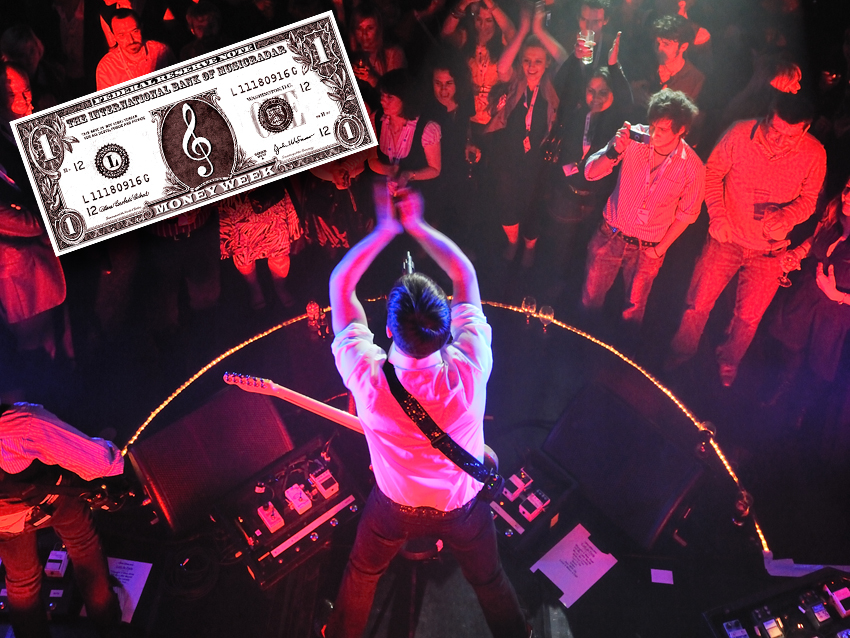
How to make money from your function band
Function bands can carry a weighty stigma among aspiring musicians. Faced with the world of cheesy pun-based names, cheap disco lights, hackneyed setlists, out-of-tune harmonies and impromptu cider-fuelled congas on the wedding venue dancefloor, many musicians would rather give up playing altogether than be a part of it. After all, it isn't exactly the Wembley Stadium headline slot you used to dream of as a fledgling muso...
And yet, there’s gold in them thar covers of You Really Got Me. If you do it with professionalism, the rewards – both financially and musically – can make it more than worthwhile. Indeed, entertaining crowds of happy drunken dancing people can even be fun.
If you’re thinking about doing it yourself, here’s a selection of things to consider, and tips on how to whip your function band into the right shape to make money, from MusicRadar contributors who have all been there.

Get covered
Potentially the biggest money-saving tip of all is one that all performing musicians ignore at their peril: Public Liability Insurance, or third-party and personal liability insurance. This covers you if someone tries to sue or claim against you for something that they perceive as your fault – anything from damaging someone’s car as you load in your equipment, to injuring someone with a falling speaker cabinet.
The Musician’s Union not only has comprehensive information on your rights and liabilities as a performer; it also offers legal liability and instrument insurance as part of your membership.
Also, when considering insurance policies for your musical equipment, call the provider and go through all the possible claim scenarios you can dream up. It’s tedious, but not as soul-destroying as writing off all your equipment in a car accident only to find it wasn’t covered in transit.
Check also whether the cover extends to your rehearsal space, unattended gear left overnight in a venue, and if you have one, whether your house insurance policy covers you when you’re out on the road.

Market yourself online
Function band web sites are almost always so gaudy they end up looking like Pat Butcher in a PRS showroom. And even if they’re not from the Big Jim Sullivan School Of Web Design*, most are quite antiseptic affairs that seriously undersell their product.
Yes, product. That’s what you’re selling, and the web is where you’re selling it. So this is what you need to do as a minimum to square up to the competition:
- Invest in a professionally designed web site – one gig will pay for it; it will get you many gigs
- Make sure people can find it – learn about SEO, and join function band directories
- Create a compelling experience using audio, professional photography, even a video
- Put your potential customers at ease with your site’s copy, anticipate their questions
- Differentiate yourself, even if it’s just to say you’re the best in a specific area or genre
- Use testimonials, write-ups and quotes to help convert your potential customers.
Luckily, none of this is rocket science. It takes commitment, but it reaps rewards.
* Please do not click on this link
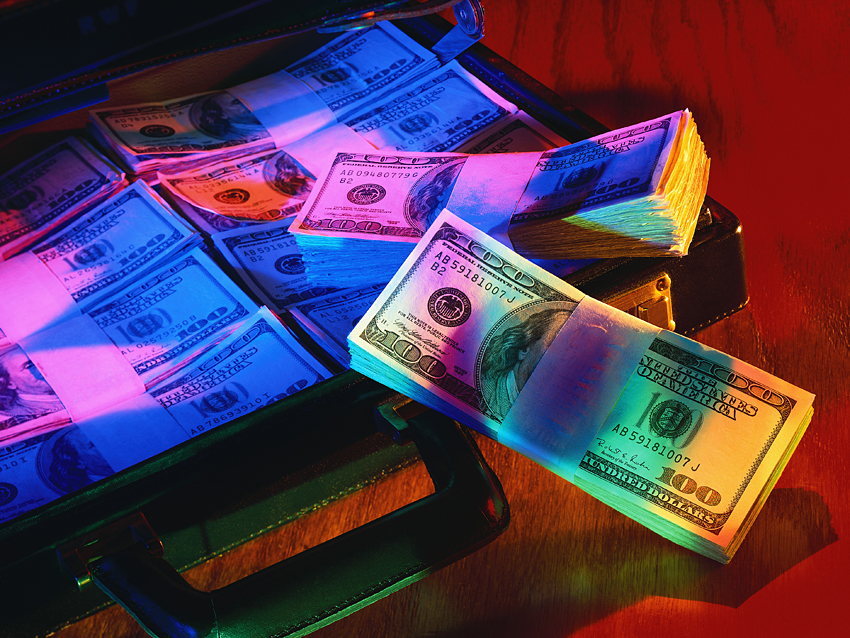
Show us the money
When you’re doing everything yourself, with no roadies, techs or PAs to bark orders at, rock ’n’ roll is mostly admin. Remember Spinal Tap? “There’s no sex and drugs for Ian…” Well, every function band needs an ‘Ian’, locating mandolin strings in the middle of Austin.
Once you’ve set up and marketed your web site, your inbox will hopefully begin bulging with enquiries. You need to sell your service with every email, so set up email response templates, an FAQ to attach, and a clear breakdown of pricing detailing what the client is paying for.
You need to draw up a contract between yourself and each client stating what you’ll be providing in terms of line-up, equipment (sound, lights and PA?) and music – give a clear indication of your repertoire. Mention your Public Liability provisions. Satisfy yourself that the contract is legally watertight, and ensure that you have a contingency clause in place for enforced cancellations.
Take a non-refundable deposit of around 20-25 percent of the booking. If you’re including a DJ service, decide if it’s going to cost extra, and include this info. Similarly, if your repertoire allows, be up front about the fact that you’ll charge more to play longer to avoid having to negotiate on the night.
And on the night, in time-honoured fashion, don’t even so much as remove a guitar from its case without getting paid – in full – first.
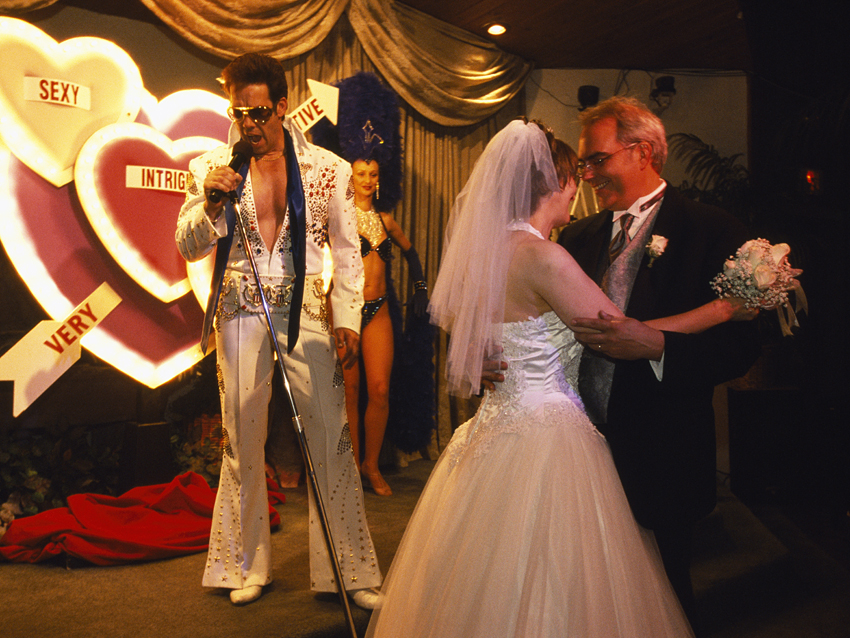
Be aware of - and beware of - your client's music taste
During email exchanges and phone calls with your client, you’ll have plenty of opportunity to do the detective work on their musical tastes. Adjust your act accordingly.
However, if you’re a wedding band, beware of offering to learn and play first dance songs. This well-meaning USP is in fact a bad idea for all concerned, because many first dance song candidates are reprehensible, tacky pieces of music, and if you’ve condemned yourself to learn one and rehearse it, you’ll hate every minute of the process.
It’ll waste time and money, and nine times out of 10, you’ll never use it again. You’ll feel like The Beatles allegedly did during the protracted sessions for Maxwell’s Silver Hammer.
Golden rule:
“It’s crucial the client knows exactly what type of band you are, that they’ve seen your set list, preferably seen you in action and at least have heard a representative CD or MP3. There's nothing worse than a band playing the wrong type of material for an event.” Dave Burrluck, Guitarist Gear Reviews Editor
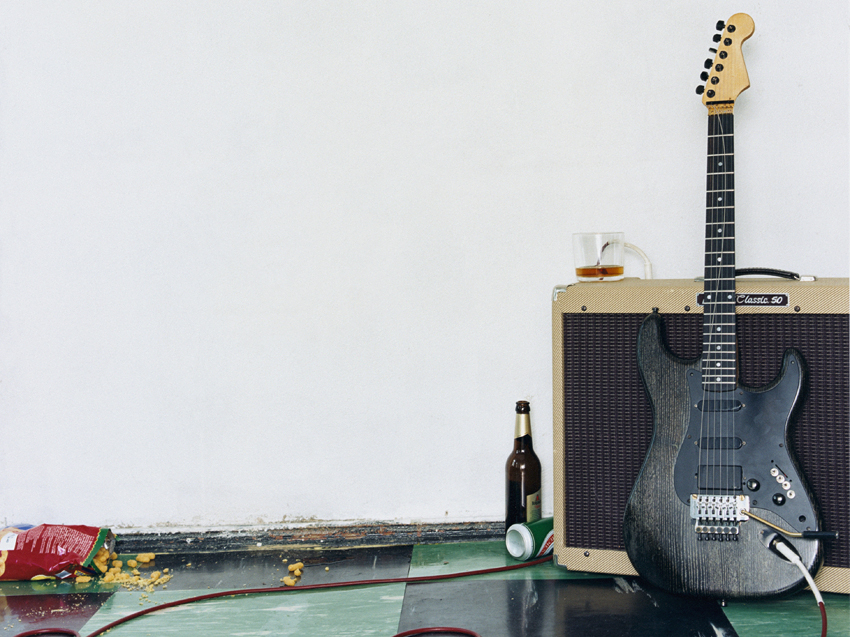
Use rehearsal time wisely
Your biggest expense as a function band is the cash you throw at rehearsal time. You’re likely to be doing covers, so learn the songs and your parts outside of the rehearsal room – get together with the other guitarist separately and work out who plays what when the meter’s not running. Discipline your rehearsal time at least to the extent where you have an objective.
Also, invite potential customers to see you rehearse – it saves having to play unprofitable public gigs, and the feeling of witnessing a ‘secret gig’ will often result in a booking anyway. Finally, don’t rehearse to the point where you’re sick of the sight of each other.
Golden rule:
"Learn how to play quietly. Audiences at 50th wedding anniversaries and 60th birthdays often haven't been out to a gig for years and have forgotten how loud a band can be. Nan will complain and you'll be asked to turn down. It's easy to take for granted how much the chemistry of your band relies on the energy associated with volume. Rehearse quietly from time to time so if you do have to turn right down it will be less of a shock to the system." Chris Vinnicombe, Guitar Editor, MusicRadar.com

Look after your gear
As Peter Green once most fabulously said, “Gorgonzola is a mug’s cheese.” Similarly, if you’re a semi-pro musician, cheap equipment is, ultimately, mug’s equipment. The best equipment depreciates less if you have to sell it on or upgrade it – and because of these eventualities, keeping it in decent nick will also recoup more cash in the long run.
Perhaps the most important equipment your function band has is your transport. If it’s unreliable, it’s certainly more of a threat to the gig than, say, a squeaky treadle on your Slash Signature wah pedal. Since we’re talking about money here, it’s easy to overlook the cost of wear and tear and fuel for your car as part of the band’s outlay, but it is.
Ask whether your investment on luxury musical equipment wouldn’t be better spent on easy-win, performance-enhancing lighting, PA, subs, and foldback – as galling as it may be to admit it, 99 percent of audiences are more impressed with flashing lights than vintage-wound neck pickups.
Golden rule:
”While there’s great enjoyment in obsessing about gear the only thing that matters in that gig is putting the performance across. There’s a ratio between the amount you get paid and the number of musicians in the audience. The fewer musicians there are in the audience, the more you’re getting paid for that gig. You’re not playing for musos, you’re playing for people. And, if you want to play in a function band, you’ve got to play songs that women like, not songs that men like.” Mick Taylor, Editor, Guitarist
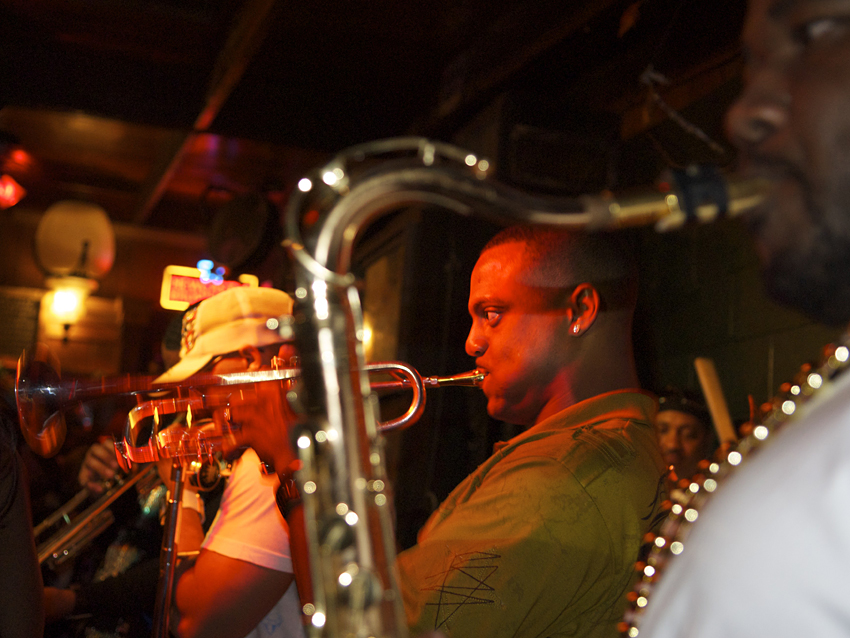
People power
Once you’re up-and-running, consider offering different band line-ups to suit different occasions. It may be extra work learning the material, but adding a brass section (for example) to a conventional line-up opens up new possibilities for your repertoire, makes you look and sound better, makes more money for everyone and opens up your potential for taking on more prestigious – and better-paid – gigs.
You’re likely to be doing some wedding gigs in self-contained venues, so charge a little extra for a DJ or playlist service in the breaks. Plus, since you’re likely to be at the venue all day waiting to perform at night, why not offer an acoustic line-up option to play during the afternoon reception?
If you’re really serious, think about recruiting other musicians to learn your set from a recording and deputise for your key players, so you’ll never have to turn a gig down. And for occasions when you’re double-booked, find another band in the same vein as you and agree to recommend each other – referrals and word-of-mouth are persuasive factors in booking bands.
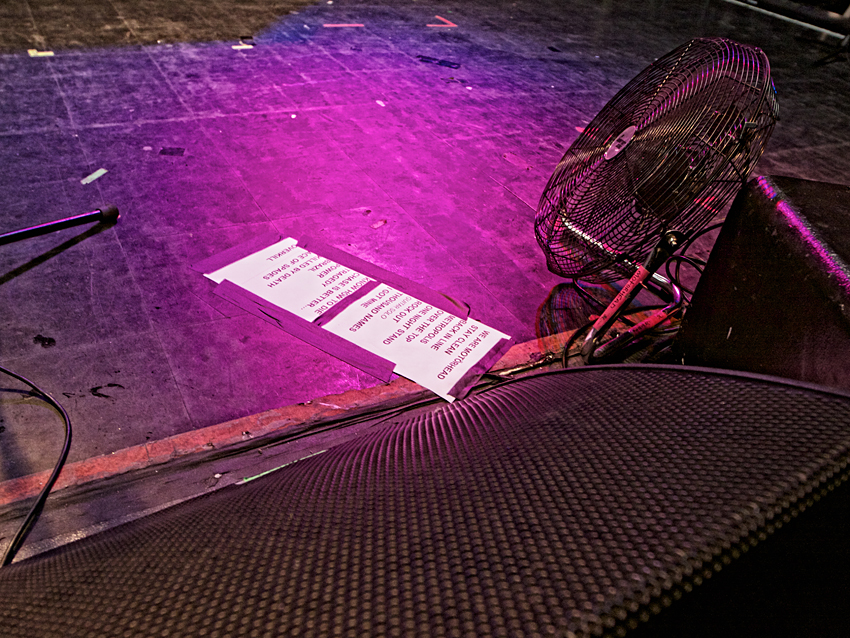
Sort your setlist
Your setlist is the lifeblood of your band. You’d better like it, because you’re going to be squinting down at it every single night you play. And you’d better keep evolving it, because otherwise, ennui will set in before you can say “Mustang Sally”.
Golden rule:
“Function bands regularly make two big setlist mistakes. The first is to ‘ease in’ with the first couple of numbers. Wrong! It’s said you should open with your best song and close with your second best. Sounds scary – like you’re giving away the crown jewels – but it works.
"The second mistake is changing the set on the hoof, perhaps if people are or aren’t dancing. Again, no: it’s your job as a band to control the evening, with a set that builds and climaxes perfectly. Song changes should be slick and all the spoken introductions well-rehearsed – again, this gives you the chance to control everything. The best function bands are totally in command of the pace and dynamics of each event.” Neville Marten, Editor, Guitar Techniques
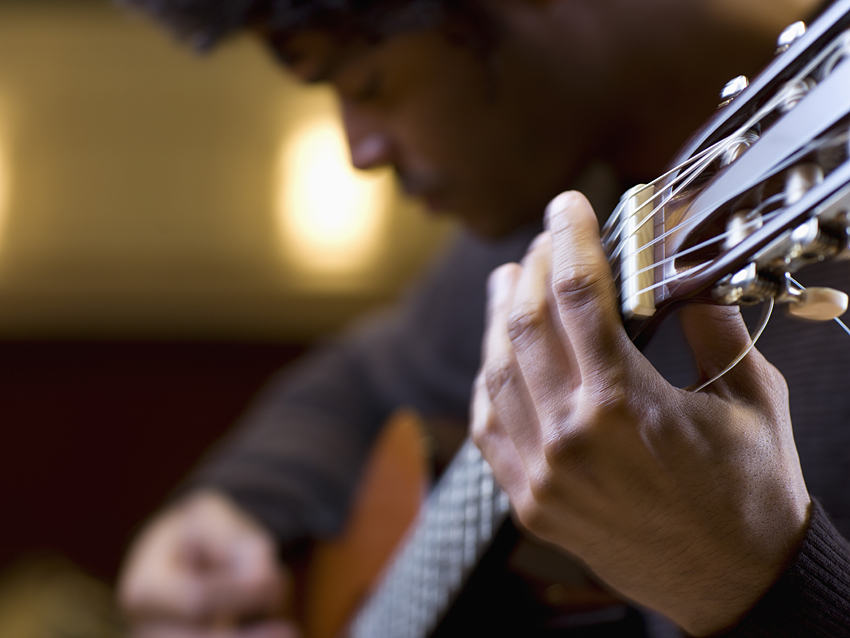
Play like you mean it
And now the hard work begins. For a function band, professionalism comes first. Make sure your dealings with the venue’s staff are polite, especially when confronting them about issues such as the dreaded venue sound limiter, curfews, or problems with the performance area. Venue owners often know other venue owners in the area, and bands with a bad attitude end up being blacklisted.
Here are some rules-of-thumb from celebrated author and experienced player Paul Day:
- Play to please the client/promoter first, audience second and yourselves an often distant third
- Entertainment is more important than expertise
- Always act confidently, audiences can smell fear
- Play within your abilities on stage, stretch yourself at rehearsals
- Master the art of the short soundcheck – keep it as brief as possible
- Intros and endings must be tight, they're what get remembered
- Talk to your audiences, don’t ignore them
- Play to the back of the room, not just to the front row
- Work out an act/routine and stick to it, regardless of audience size or attitude
- Aim to be consistent every night, on stage and off
…And more from Guitar Techniques Senior Music Editor and seasoned performer, Jason Sidwell:
- Making up your own solo for a song such as Hotel California or All Right Now is never better than the original solo
- Frontline musicians: be careful how much shoegazing you do due to performing concentration or nerves. The more eye contact with an audience, the better the gig will be
- No one in the band should be heard playing before they start a set. Jamming along to the DJ’s song is not pro. Specifically, anything other than a quick one-to-two second snippet of guitar just before your first song to make sure your guitar and amp is working is annoying. Keep the volume to zero until the first song kicks in!
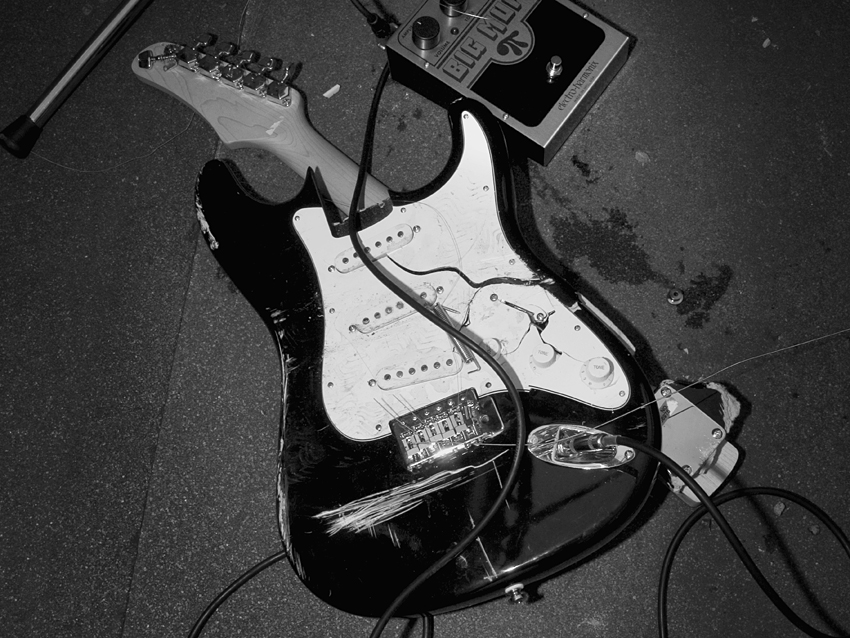
Prepare for the worst
If it can go wrong, it will go wrong. And it will go wrong at the worst possible moment. What’s more, your audience will neither appreciate nor care why it has gone wrong; they’ll just see five panicking blokes in suits making no noise where a band should be.
Battling curveballs like crazy electrical hum, inexplicable feedback or equipment failure due to dodgy power/spilled pints requires forethought and a pretty serious band toolkit. Remember, people and costumes break as well as gear: plasters, headache pills, safety pins and Superglue can save a gig every bit as much as spare fuses, snare skins and soldering irons.
Golden rule:
“When you play in a function band you can often end up in a marquee in the middle of nowhere, so it’s really important to pack spare kit. Always take two guitars to pre-empt the inevitable mid-set string break – it will happen on one of these nights. Carrying two amps might be impractical, but you could take an amp modeller to plug into the desk if your amp fails.” Stephen Lawson, Editor, Total Guitar
About the author:
Owen Bailey is a guitarist in a successful function band, and he regularly breaks rules six, nine, and strings.